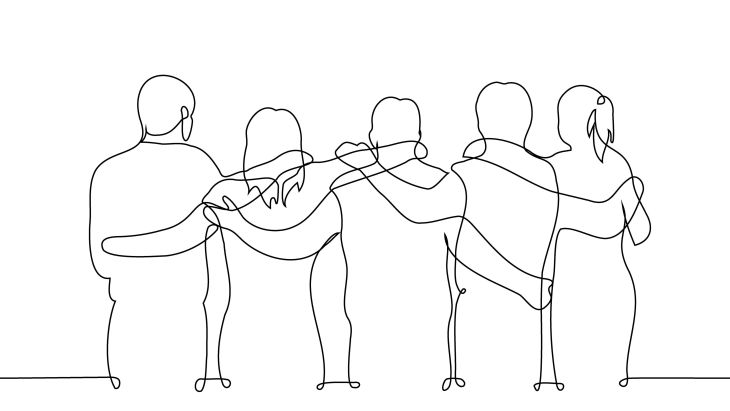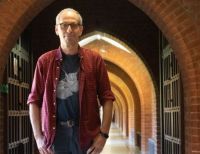Fiona Barve was diagnosed with ovarian cancer in 2017 and treated at Addenbrooke’s hospital; two years later she was declared cancer free. She continues to receive a drug as part of a clinical trial, which aims to maintain this situation. Since 2019 she has also been part of a Patient and Public Involvement (PPI) group and involved in activities such as raising awareness of ovarian cancer through the media, and planning new research projects.
She’s currently one of two patient co-applicants on a large grant application in preparation to Cancer Research UK, requesting funds for a clinical trial.
“This was the first time I’d heard of patients being co-applicants on grants,” she says, adding:
“My aim is to make the trial better for the patients. Researchers aren’t living with the disease - we see things in a different way.”
Fiona’s involvement in research even before it has begun means she can influence the way clinical trials are run, using her own experience as a patient to point out where the plans aren’t realistic – having to attend daily scans at the hospital, for example, or invasive tissue biopsies that will be of no personal benefit to the patients involved.
“Researchers can be so focused on getting results that I think they can sometimes forget what it’s like to be ill.”
She adds: “They want patients to do all sorts, but not all patients are well enough or feel happy with the extra load. It’s important to listen to our advice.
“It’s fantastic to work with such enthusiastic researchers, and I enjoy being involved in cutting-edge science and feel I do give valuable input. Ultimately the whole cancer research process is to help patients, so it should be patient-centred.”
She’s also involved in workshops to evaluate new ideas that researchers want to submit for funding. These give patients the opportunity to comment on, for example, how they feel about their anonymised health data being included in a platform built by a company outside the hospital – feedback that is then addressed before projects move forward.
“I do it because I have a daughter who could potentially end up with ovarian cancer, and it would be much better if she doesn’t have to go through what I did. But she’s not going to be the only woman benefitting from this of course – there will be thousands of others.”
















